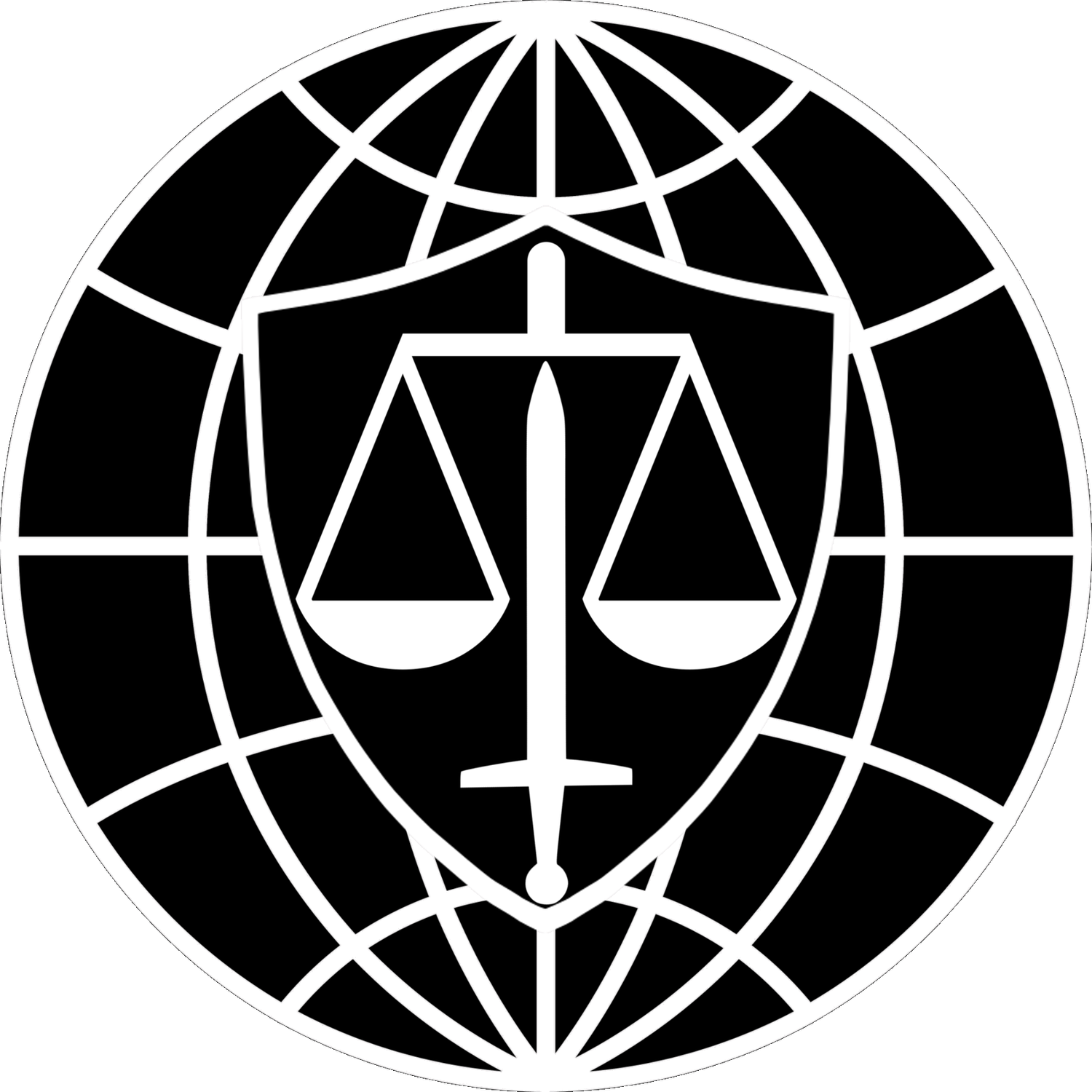Universal Jurisdiction
Date of Information: 01/01/2025
Please check back soon as this page is actively under development.
Universal jurisdiction is a principle in international law that allows a state to prosecute individuals for serious crimes, such as war crimes, genocide, and crimes against humanity, regardless of where the crime was committed or the nationality of the perpetrators or victims. This doctrine aims to prevent perpetrators of egregious offenses from finding safe haven in any country.
The rationale behind universal jurisdiction is to ensure that there are no jurisdictional gaps in prosecuting internationally recognized crimes. It obligates states to either extradite or prosecute individuals accused of such crimes, thereby reinforcing the global commitment to justice and accountability.
Several international treaties incorporate the principle of universal jurisdiction to address specific offenses, including:
The Geneva Conventions of 1949, which mandate the prosecution of grave breaches such as willful killing and torture of protected persons.
The Convention Against Torture and Other Cruel, Inhuman or Degrading Treatment or Punishment (1984), which requires states to prosecute or extradite individuals accused of torture
The International Convention for the Suppression of Terrorist Bombings (1997), addressing the prosecution of individuals involved in terrorist bombings.
These treaties exemplify the international community's dedication to ensuring that perpetrators of serious crimes are held accountable, regardless of where the crimes occurred.
However, the application of universal jurisdiction is not without challenges. Some scholars argue that it is not yet a norm of customary international law but rather a principle that exists primarily within specific treaties. Additionally, concerns have been raised about the potential for political misuse of universal jurisdiction, leading to diplomatic tensions.
In recent years, there have been notable instances where universal jurisdiction has been invoked. For example, in early 2025, an Israeli army reservist faced legal action in Brazil under universal jurisdiction principles for alleged war crimes committed in Gaza. This case highlighted the complexities and global reach of universal jurisdiction in prosecuting such crimes.
In summary, universal jurisdiction serves as a crucial mechanism in international law to combat impunity for serious crimes. While its application presents certain challenges, it remains a vital tool in the pursuit of global justice.
Other Helpful Resources:
See Also:
CIL Guide to the Circumvention of Lawful Pathways Rule


